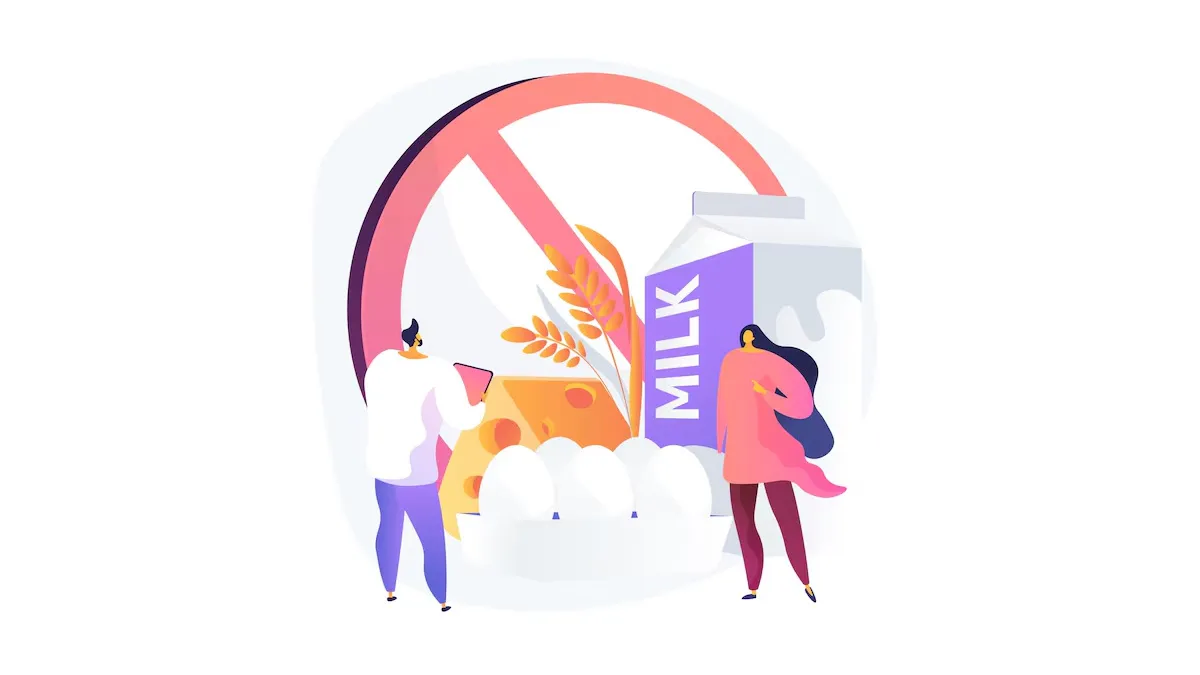
Lactose intolerance occurs when people are unable to digest significant amounts of lactose, a sugar found in milk and dairy products. This happens because the body has a genetically inadequate amount of the enzyme lactase. This digestive issue is pretty common in India and while it cannot be cured, some steps can prevent it from recurring. Ms. Reshma Nakte, Clinical Nutritionist and Weight Loss-Lactation Expert, Mumbai, shares some of the tips.
As per a study, more than 50% of the population in India are lactose intolerant. This means they cannot fully digest and absorb milk and its products. Demographically, around 66.6% of people in South India fall under this category, compared to 27.4% in North India.
According to Ms. Nakte, "a sizable number of adults believe they are lactose intolerant but do not actually have impaired lactose digestion, and some persons with lactase deficiency can tolerate moderate amounts of ingested lactose...Many intolerant individuals can tolerate low levels of lactose in their daily diet."
Given this situation, it is always advisable to get a diagnosis done. Experts employ "careful history supported by dietary manipulation" to conclude. "If necessary, diagnosis can be confirmed by using a breath hydrogen or lactose tolerance test," she adds.
Don't Miss: Consume These Foods Everyday To Reduce Digestion Problems Like Constipation
According to Ms. Nakte, the common symptoms you get after ingestion of foods containing lactose or of lactose intolerance include:
There's a misconception that those with lactose intolerance can digest milk at room temperature or slightly warmer better than cold milk. That's because changes occur in protein and lactose when you boil it and warm milk delays the stomach emptying time. However, Ms. Nakte points out, "the temperature of the milk has seen to have no difference in the digestibility or the resulting symptoms."
Now, as mentioned earlier, lactose intolerance cannot be cured, and avoiding lactose-containing foods is a straightforward solution. However, if you want to savour that cold coffee or paneer tikka masala, go for lactase enzyme supplements.
For the long run, Ms. Nakte suggests probiotics, as they can help avoid some symptoms of lactose intolerance.
Meanwhile, these are the preventive steps you can take, as advised by the clinical nutritionist, to avoid digestive issues arising from lactose intolerance:
Don't Miss: Add These Probiotic Rich Foods To Your Diet For A Healthy Stomach
If you liked this story, please share it. For more such articles, stay tuned to HerZindagi.
Our aim is to provide accurate, safe and expert verified information through our articles and social media handles. The remedies, advice and tips mentioned here are for general information only. Please consult your expert before trying any kind of health, beauty, life hacks or astrology related tips. For any feedback or complaint, contact us at compliant_gro@jagrannewmedia.com.